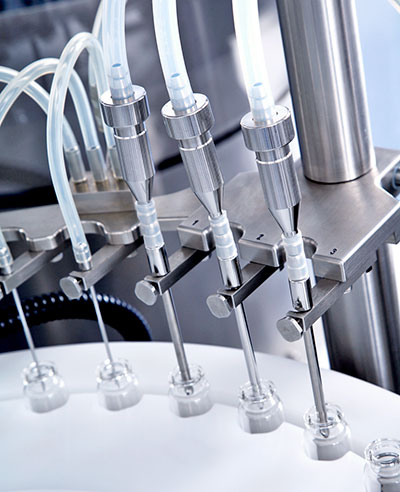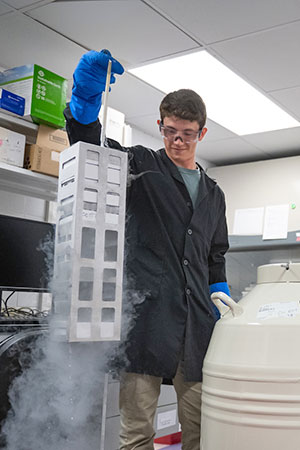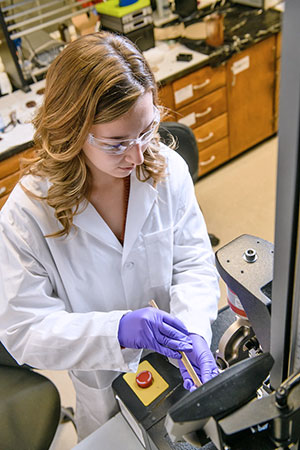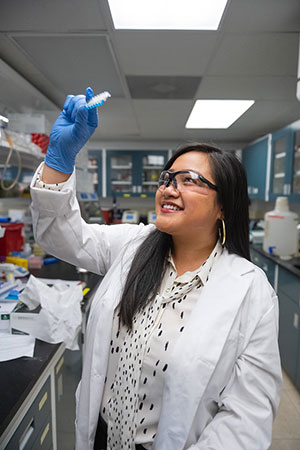Graduate Studies
Improving Human Health
Bioengineering uses engineering skills to create integrated innovative technology to improve human health. At Clemson, the Department of Bioengineering's partnerships with Prisma Health and the Medical University of South Carolina allow us to offer more robust research opportunities that extend across three campuses, with degree programs designed to prepare graduates for a variety of careers in bioengineering. Our graduation rates in the master's programs and the doctorate rank in the top 15 and top 30 for most popular school in the United States for bioengineering students, respectively.
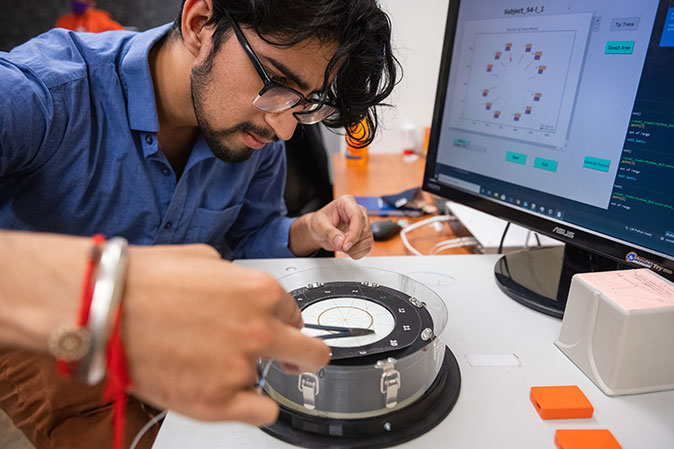
Advanced Degrees | On Campus
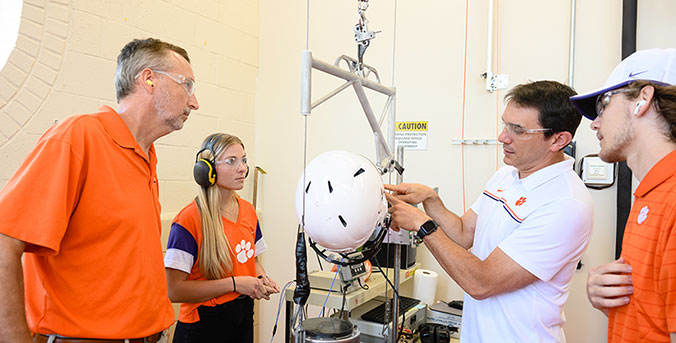
M.S. Program
The Master of Science in Bioengineering prepares graduates to conduct research or pursue a doctoral degree, with completion possible in 16 months. Pathways include a thesis and non-thesis option.
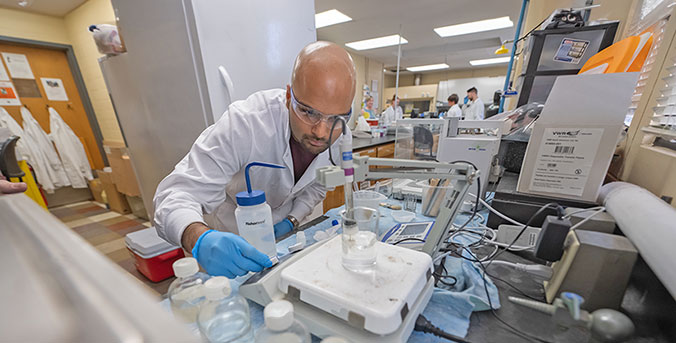
Ph.D. Program
The Ph.D. in Bioengineering program is a 60-credit-hour program comprised of a core curriculum and doctoral research. Applicants are encouraged to apply directly from a baccalaureate degree.
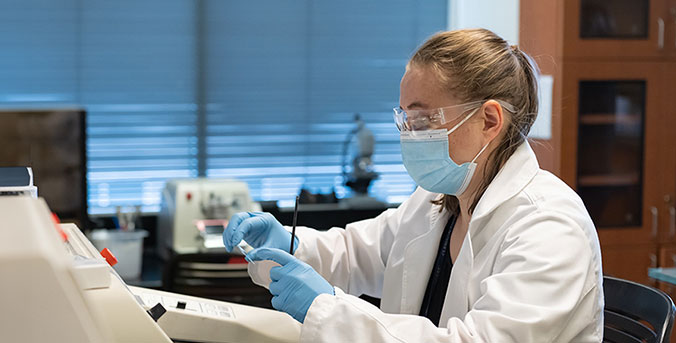
MENG Program
The Master of Engineering is a non-thesis program designed for students who are pursuing a career in the medical technology industry. This degree program is offered across three campus locations.

Professional Development + Online M.S.
MEDICAL DEVICE REPROCESSING
Offered as an Online Degree by the Department of Bioengineering in collaboration with the Department of Industrial Engineering, the Medical Device Reprocessing program emphasizes optimizing biomedical technologies to support the reuse of medical devices and healthcare products. The curriculum includes an immersion training experience in research or industry.
"GreenMD" signifies the medical device industry's aim to achieve sustainability in the production and use of healthcare products.
WHO SHOULD APPLY: Open to graduates who have earned bachelor's degrees in STEM disciplines. The M.S. in Medical Device Reprocessing is a 1 year, 30-credit hour program with entry in the Fall semester and graduation the following summer semester. Apply today!
DELIVERY: All classes are offered asynchronously via web-based technologies to accommodate the demanding schedules of graduate students and working professionals. With no residency requirement, students can pursue the M.S. online from anywhere in the world.

Combined B.S. and Graduate
Bioengineering undergraduates at Clemson University may begin a Master of Science (M.S.) or Master of Engineering degree program while completing their Bachelor of Science (B.S.). The B.S./Graduate program in Bioengineering provides eligible undergraduate students (3.4 GPA or higher) with the opportunity to get a head-start on graduate studies by allowing them to use a limited number of graduate courses to satisfy requirements for both degrees.
